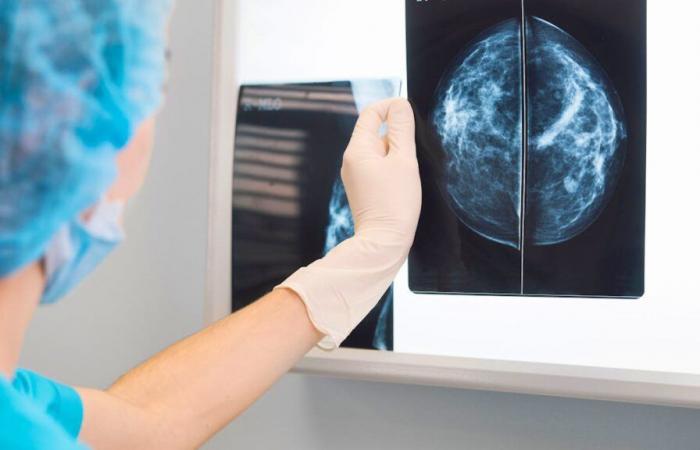Following a study on the use of artificial intelligence in the mammography screening program, it is clear that the detection rate of breast cancer can be increased by almost 18% through the use of AI. Researchers from the University of Lübeck and the University Hospital of Schleswig-Holstein (UKSH) carried out the world’s largest study in collaboration with the company Vara and collected further positive findings.
The study, published in the famous specialist journal “Nature Medicine”, specifies that AI not only makes it possible to increase the detection rate of this type of cancer, but also without causing false positive results or unnecessary additional examinations. and binding.
It was thus shown that out of 1000 women examined, 6.7 cases of breast cancer were detected using AI, compared to 5.7 cases without AI. AI has therefore made it possible to detect one additional case of breast cancer per 1000 women. At the same time, the rate of women invited to undergo additional examinations due to abnormal results remained stable.
“In fact, the study aimed to show that the AI came to the same conclusion as the human assessment,” explains Dr. Alexander Katalinic, director of the study and the Institute of Social Medicine and Epidemiology of the University of Lübeck and UKSH, Lübeck campus. “But we were pleasantly surprised by the results. Indeed, AI even significantly improves the detection rate of breast cancer,” he adds.
Another positive result: according to an article on the subject published by Life Science North, the workload of radiologists could be reduced without loss of quality thanks to the use of AI. This would result in a possible increase in efficiency.
-If all results classified as normal by AI ceased to be subject to human evaluation, the breast cancer detection rate would still be 16.7% higher. A huge potential reduction for radiologists, who must analyze 24 million individual images per year.
AI-based systems could therefore not only help fill diagnostic gaps in undetected breast cancer cases, but also reduce the workload at the same time.
What do you think of the study results?






